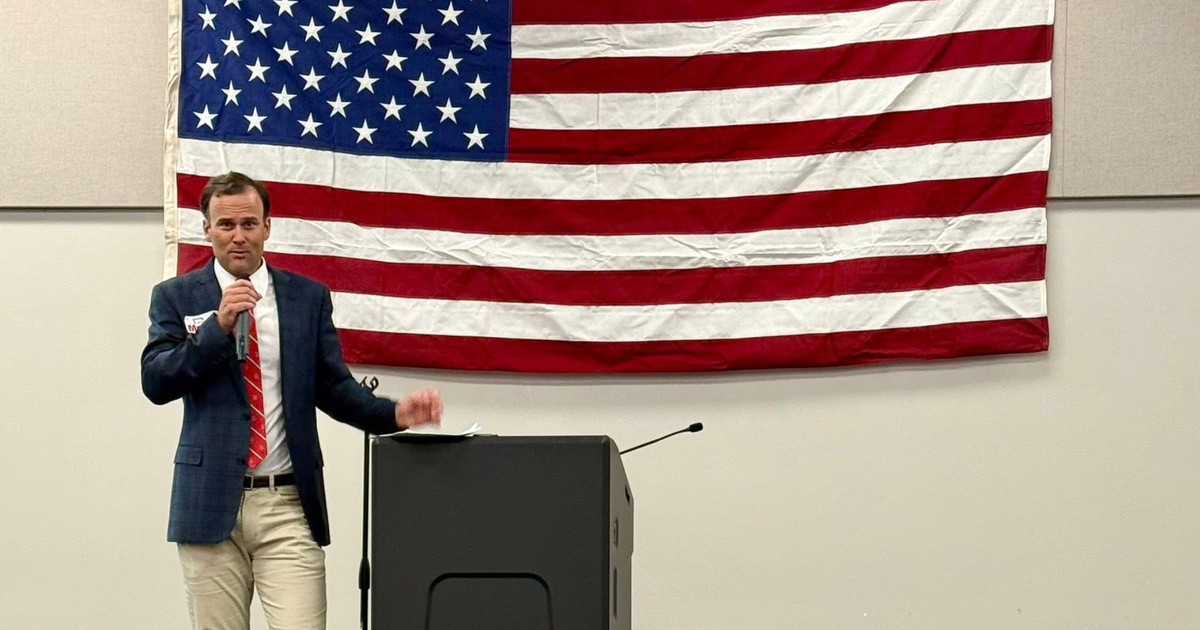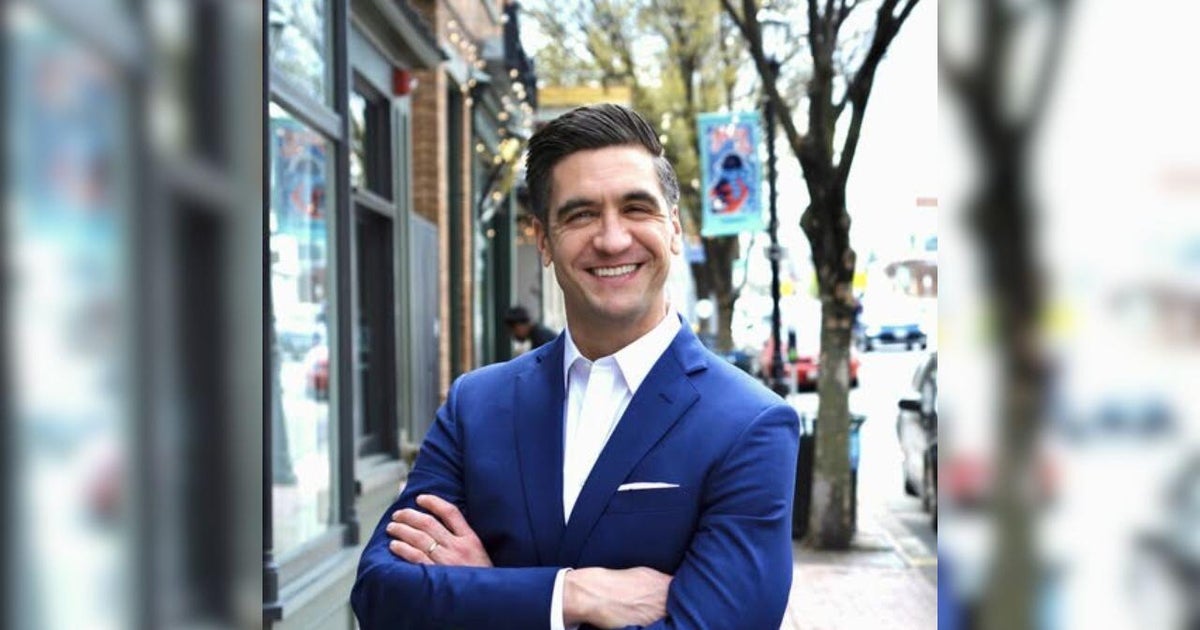Republican Rosie Cordero-Stutz defeats Democrat James Reyes in Miami-Dade County sheriff's race
MIAMI – Republican Rosie Cordero-Stutz defeated Democratic candidate James Reyes for Miami-Dade County sheriff on Tuesday night.
The race marks a defining moment as voters in the 2024 election elected a sheriff for the first time in more than half a century.
During her victory speech at 8:45 p.m., Cordero-Stutz, 55, thanked her family as well as her fellow Republicans, including former President Donald Trump and Florida Senators Rick Scott and Marco Rubio.
"I will work each and every day," she said. "Not just to protect the community to make certain that each and every one feels safe from Aventura and Homestead. The office of the sheriff will remain open and anyone who wants to collaborate toward the success of this county."
"I never expected to run for any political office," she said. "My political contacts were limited when I started this campaign. They recognized me for my work in my qualifications in law enforcement."
Reyes earlier conceded.
"My life's work has been about public service and putting the community first, which is why I decided to run for Sheriff," Reyes, 47, said in a statement. "Though tonight's results are not what we worked so hard for or what we hoped, I am so grateful to my family, our dedicated campaign team, and our incredible volunteers who have done so much to fight for our shared vision of public safety and public trust.
"After months on the campaign trail, I am looking forward to some much-needed time with my wife and kids, and to continuing my work as Miami-Dade's Chief of Public Safety, helping to ensure our community has a smooth transition to the elected Sheriff next year. Finally, I want to send my sincere congratulations to our Sheriff-Elect, wishing her the best of luck in this crucial role. I look forward to working with her in pursuit of our shared commitment to keeping Miami-Dade County safe."
The elected sheriff will be one of the most powerful political figures in South Florida.
In Florida, the elected sheriff oversees law enforcement, jail operations, court security and legal processes, and appoints deputies, acting as the county's top law enforcement official.
The last elected sheriff in Miami-Dade, Talmadge A. Buchanan, was removed amid corruption allegations in the 1960s, leading voters to abolish the elected position. For nearly 60 years, the county has operated with an appointed police director.
The new sheriff will not answer to the mayor, and will be independent while leading the county's 3,200 sworn officers and managing a $1.2 billion budget.
The sheriff candidates
Reyes and Rosie Cordero-Stutz have starkly different backgrounds.
Cordero-Stutz is a 28-year veteran of the Miami-Dade Police Department, where she serves as assistant director.
She has extensive hands-on experience in law enforcement, having worked her way up from officer to assistant director of the Miami-Dade Police Department. She said during a debate on CBS News Miami that her decades in uniform give her an intimate understanding of the risks officers face, stating, "You need to be a police officer to be sheriff of Miami-Dade County."
Reyes serves as Miami-Dade's chief of public safety. He has emphasized his executive leadership experience, particularly his management of large budgets and oversight of public safety divisions.
"I'm running to be sheriff, not a police officer," said Reyes, who was endorsed by the Police Benevolent Association.
Reyes said that managing a complex sheriff's office requires administrative skills rather than policing experience.







